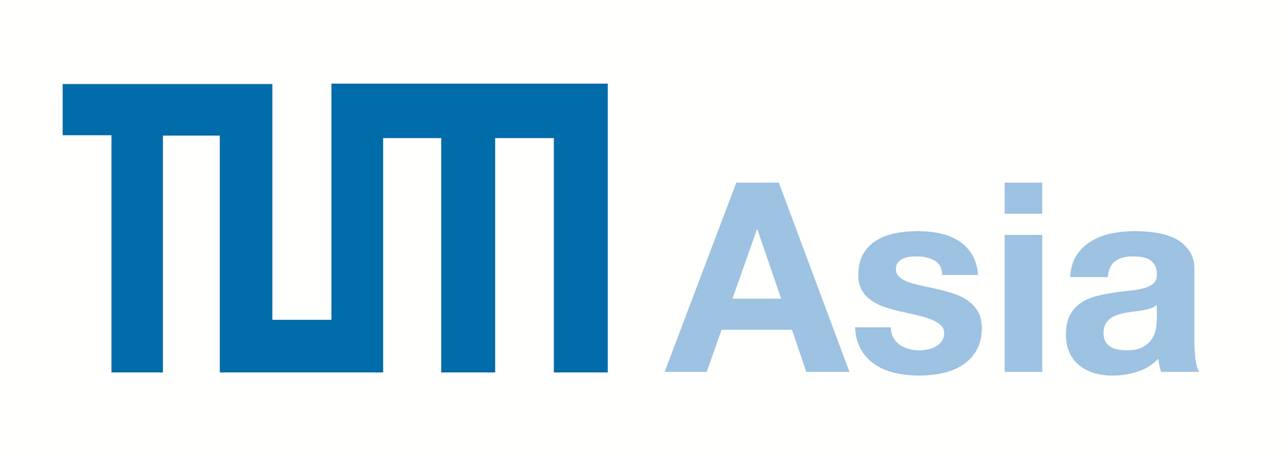The chemical industry may be described simply as the industry that uses chemistry and manufactures chemicals, and the complex ecosystem of processes, operations, and organisations engaged in the manufacture of chemicals and their derivatives. The industry is broadly divided into two primary segments: bulk chemicals and pharmaceuticals; and specialty and fine chemicals.
The bulk chemicals and pharmaceutical industry produces material at the lowest cost with a focus on production innovation, while the specialty and fine chemicals industry focuses on product innovation and achieving reductions in time–to–market product lifecycles. A chief characteristic of the chemical industry is that its products nearly always require further processing before reaching the ultimate consumer. An average chemical product is passed from factory to factory several times before it emerges from the chemical industry into the market.
The chemical industry contributed US$5.7 trillion to global GDP in 2017, equivalent to 7% of the world’s GDP for that year. Today, the chemical industry plays a crucial role in regional economies in every corner of the world, and in most sectors of those economies, as the manufacturer of innovative, life-enhancing products and technologies. Because of the competitiveness within the chemical industry and among the chemicals, the chemical industry spends large amounts on research, particularly in highly industrialised countries.
In order to jump on the bandwagon and join the burgeoning chemical sector, it is vital for students to acquire the relevant Industry 4.0 skillsets to thrive in the local and global context. TUM Asia’s programmes train students to become versatile thinkers and strategists to capitalise on the myriad of opportunities in the chemical industry.
The new Bachelor of Engineering (Honours) in Chemical Engineering programme, offered by TUM Asia in conjunction with SIT, is poised to be the first and only course in Singapore to equip budding chemical engineers with relevant chemical Industry 4.0 skillsets. Such skills nurture the ability of students to manufacture products through intelligent processes. These include digital value chain integration, seamless asset life-cycle management, and business-to-plant production control. Students in the additive manufacturing specialisation will learn 3D-printing design, formulation and engineering principles. This new programme thus trains future chemical engineers to integrate digital systems with smart or additive manufacturing seamlessly and effectively.
To further broaden their expertise and knowledge in the chemical industry, students who already possess a Bachelor’s degree in relevant fields may consider the Master of Science in Industrial Chemistry awarded jointly by TUM and NUS. This postgraduate course is an enriching postgraduate course to groom specialist engineers in the pharmaceutical, fine and specialty chemical industries. Students will be taught an excellent academic programme that focuses on tackling cutting-edge topics pertaining to the daily functions of the industry, thereby gaining a deeper insight into how modern companies work in the chemical sector.
Engineer the future we live in with a Master of Science degree from Technical University of Munich (TUM) Asia, the Singapore campus of Germany’s #1 University.
Admissions for the August 2020 intake are open, start your application today: https://tum-asia.edu.sg/adm






















